The Affective Component of Learning Science
By Derek Starkenburg, Adolescent Math/Science Guide
One of the most important affective components of learning is seeing a subject made accessible and invigorating. If students can be introduced to a discipline in a manner that is engaging and developmentally appropriate for their plane of development, they can establish a keen interest in a topic and a heartening sense of delight regarding that subject, rather than a fear or disdain for it. The result is a life-long enthusiasm for learning. In science, we strive to create that environment through a variety of avenues, and one of my favorite examples of this is when we have visiting graduate students come work directly with our students on the procedures for a biology lab based on our wetland pond environment.
On Wednesday, November 7, three graduate students from the Department of Biological and Biomedical Sciences at North Carolina Central University came to our campus to work directly with our adolescent community conducting a lab that focuses on microbiology. Using our wetland as an outdoor classroom, our adolescent students took soil samples from the campus pond near 603 in order to see what types of microorganisms live in our environment. Students worked side-by-side with these young specialists who demonstrated proper lab procedures and the use of specialized equipment and materials. Our students gain a thorough appreciation for the scientific method by following the guidance of specialists in the field of microbiology. Such an experience also enables younger students to see themselves, not too far in the future, as potential graduate students also specializing in an area of their own interests. The graduate students also thoroughly enjoy a chance to give back to their local community by providing guidance and instruction in their field of study to a younger audience.
Students prepared their samples under the guidance of the NCCU graduate students and then stored them to allow them to grow over the following week. On November 14, our adolescent students returned to the lab, along with the same three students from NCCU, to observe what had grown on the samples and began to conduct a series of tests on those samples. It is always a joy to see students actively engaged, enthusiastic, and empowered by science in a well-crafted, prepared environment such as our lab space and with the guidance of experts in the community.
